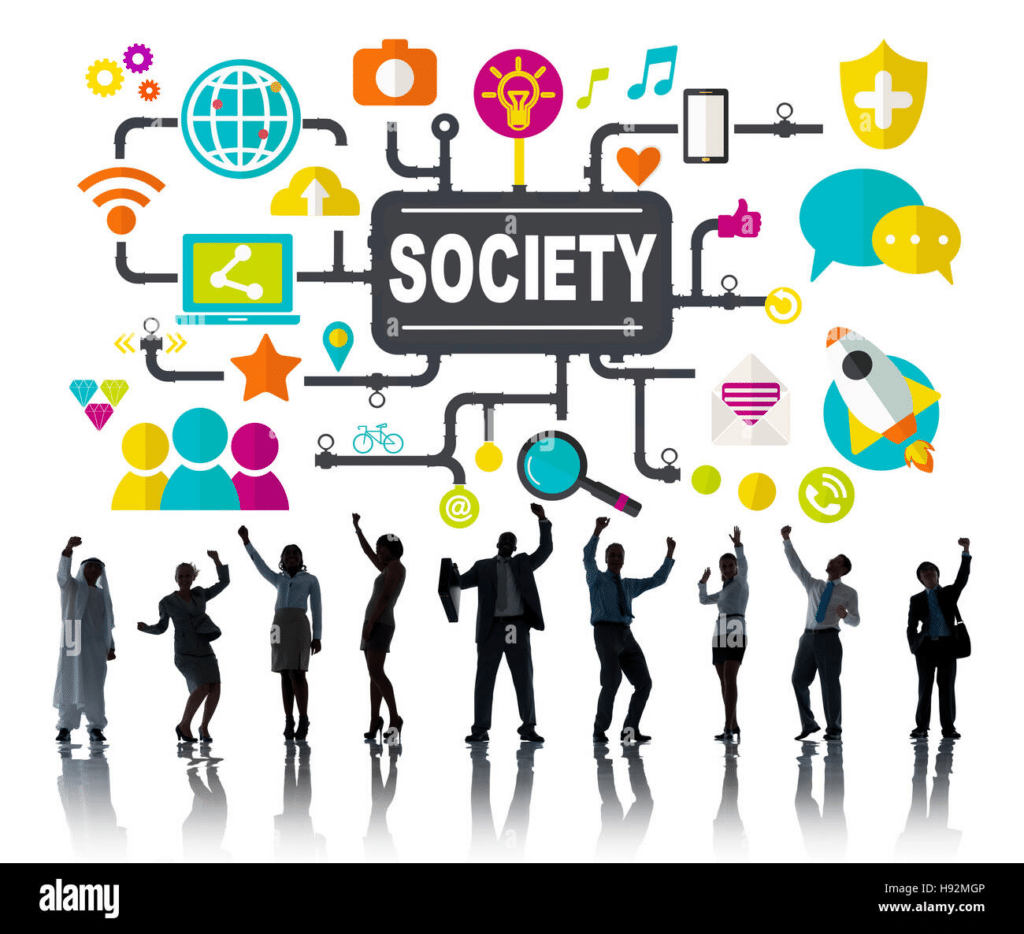In the digital age, social media has become an integral part of daily life, influencing everything from personal relationships to global movements. Platforms like Facebook, X, Instagram, and TikTok have revolutionized how people communicate, share information, and form communities. However, as social media continues to evolve, its impact on society has become increasingly complex, with both positive and negative consequences. Understanding this duality is crucial to navigating the digital landscape effectively.

On the positive side, social media has democratized information and provided a platform for voices that might otherwise be marginalized. It has enabled social movements like #MeToo and Black Lives Matter to gain global traction, mobilizing people across borders to demand change. In this way, social media serves as a powerful tool for social justice, enabling individuals to challenge the status quo and advocate for their rights. Moreover, it has fostered a sense of community among people with shared interests, allowing them to connect and collaborate in ways that were previously unimaginable.
However, the pervasive nature of social media also has its downsides. One of the most significant concerns is the spread of misinformation and fake news, which can have serious consequences for society. The rapid dissemination of false information can lead to confusion, panic, and even violence, as seen in cases where rumors spread on social media have incited mob actions. Additionally, the algorithms that drive these platforms often create echo chambers, where users are exposed only to content that reinforces their existing beliefs, leading to increased polarization and division within society.

The impact of social media on mental health is another area of growing concern. Studies have shown that excessive use of social media can lead to feelings of anxiety, depression, and loneliness, particularly among young people. The pressure to present a curated version of one’s life online can create unrealistic expectations and contribute to a sense of inadequacy. Moreover, the addictive nature of these platforms, designed to keep users engaged for as long as possible, can exacerbate these issues, leading to a cycle of dependency that is difficult to break.
In conclusion, social media is a double-edged sword that has both empowered and challenged society in profound ways. While it has given a voice to the voiceless and connected people across the globe, it has also contributed to the spread of misinformation, social division, and mental health issues. As society continues to grapple with the implications of social media, it is essential to foster digital literacy, promote healthy online habits, and hold platforms accountable for their role in shaping public discourse. Only then can we harness the full potential of social media while mitigating its risks.




